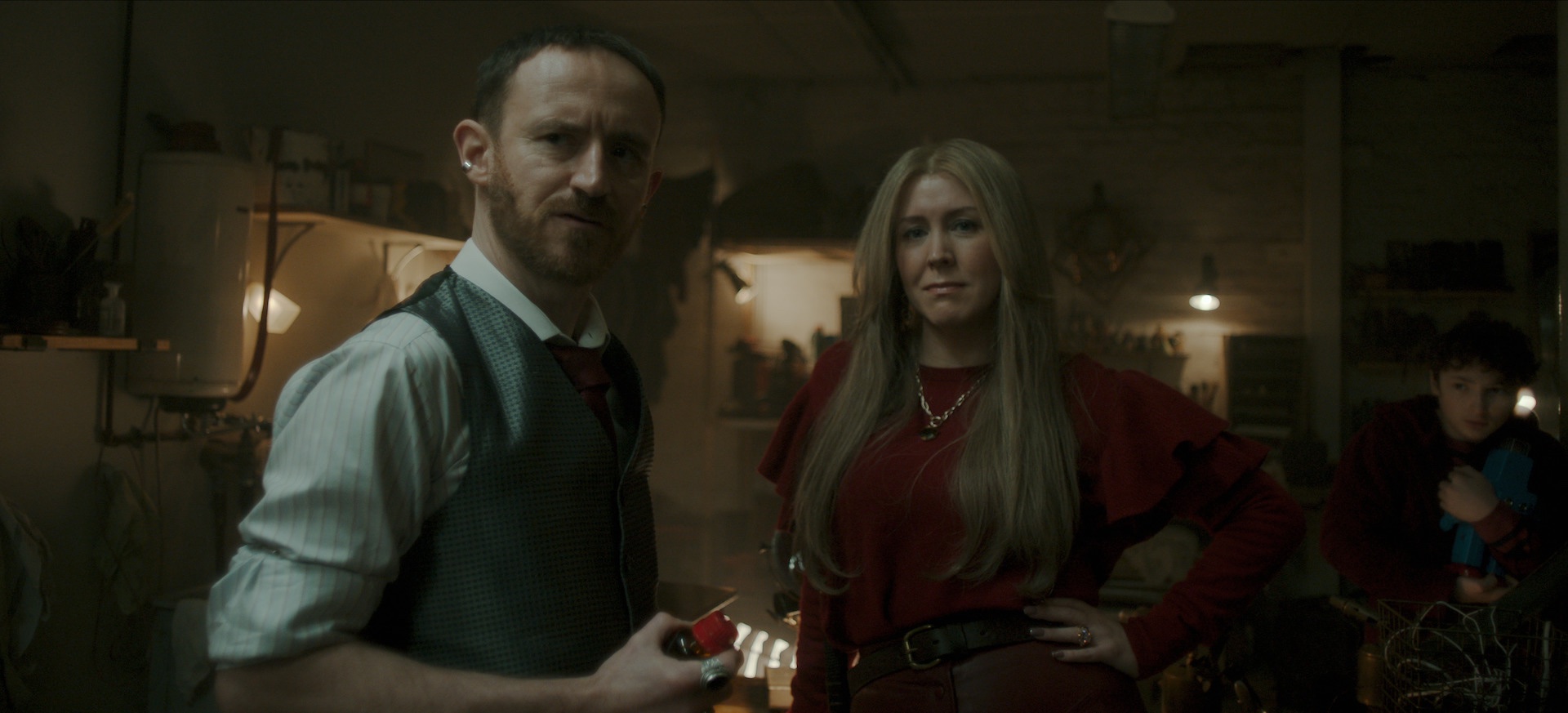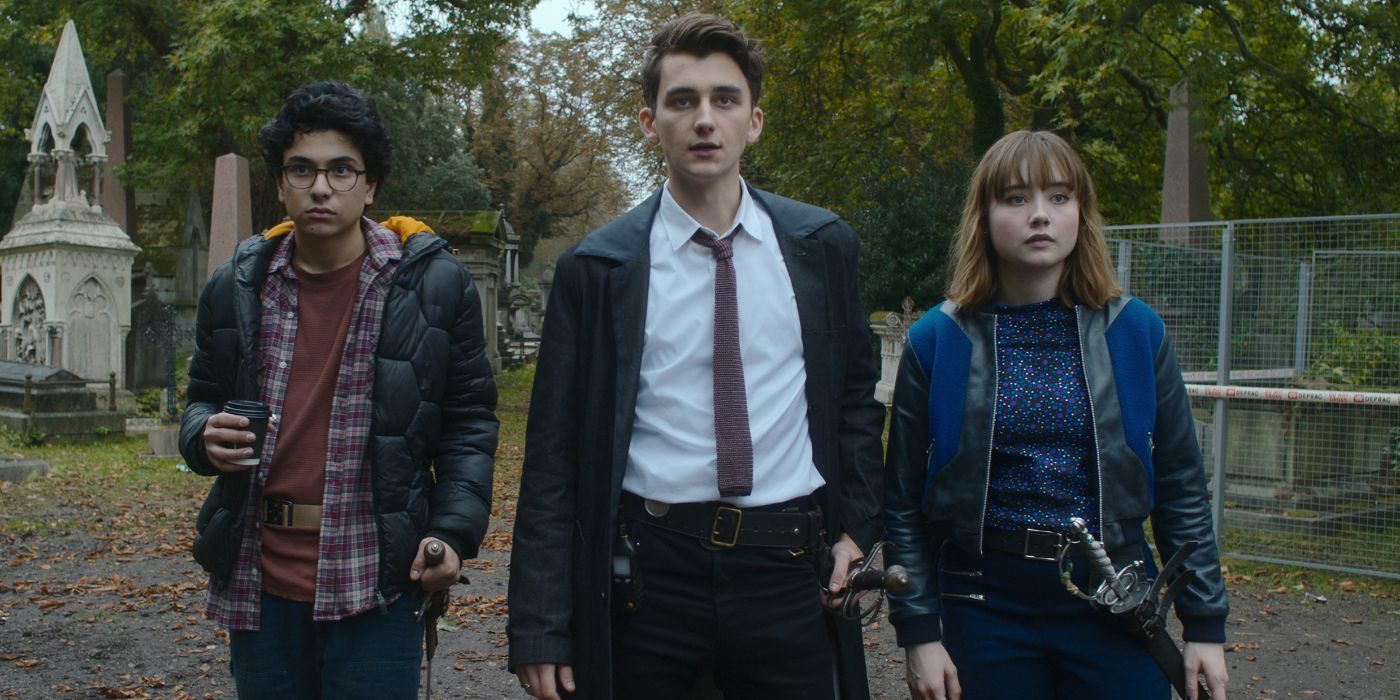Lockwood and Co.: It's just a phase?
Lockwood and Co.: the good old days...
A funny aspect of a lot of young adult fiction is the absolutely slanderous representation of adults. It’s often the case that the teen heroes - whether they’re supernatural beings, or simply live in a world which happens to have an age restriction on crazy powers - get all the fun, and adults are just the boring disciplinarians (or deranged maniacs?) who sometimes have an uncanny resemblance to our parents.

This is absolutely the case in Lockwood and Co. Talent for ghosthunting only really exists in children and teenagers, and that talent is eventually irretrievably lost with age. In a way, I suppose Jonathan Stroud’s concept is just another way of framing the age-old relationship between innocence and experience. Innocence, the sacred state of children and young people untouched by harsh reality. Experience, the sorry state of those who have lost aforementioned innocence to the sands of time and the sorrows of, well, experience. It’s an idea that has existed in literature and art from basically the dawn of time. It’s in mythologies of creation, religious narratives (the fall of Satan is a decent example I guess), fairytales - pretty much everywhere.
I don’t think that means there’s no truth in what I’ve imagined. In fact, I think there is value in revisiting or discovering “children’s” stories, because they remind us of an innocence we might have once enjoyed. Those stories put into perspective how the literature and art we stumble across as children and teenagers shapes our tastes in literature and art in adulthood, shapes our personalities, and reminds us how to leap into the unknown with the same self-assured abandon as Lockwood and Co. - screw the consequences!

Comments
Post a Comment